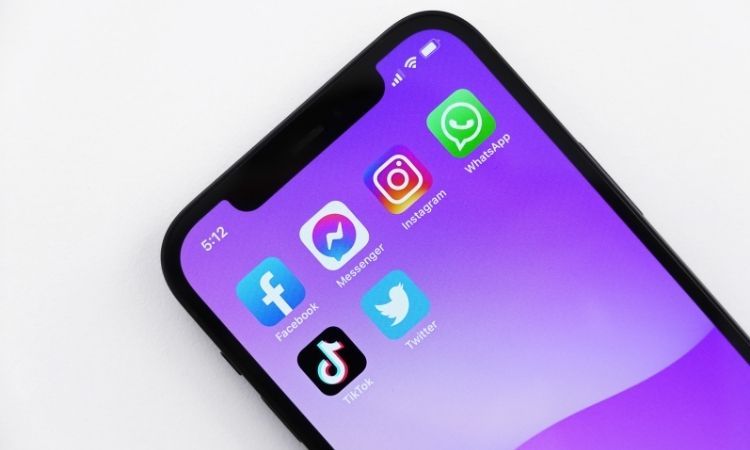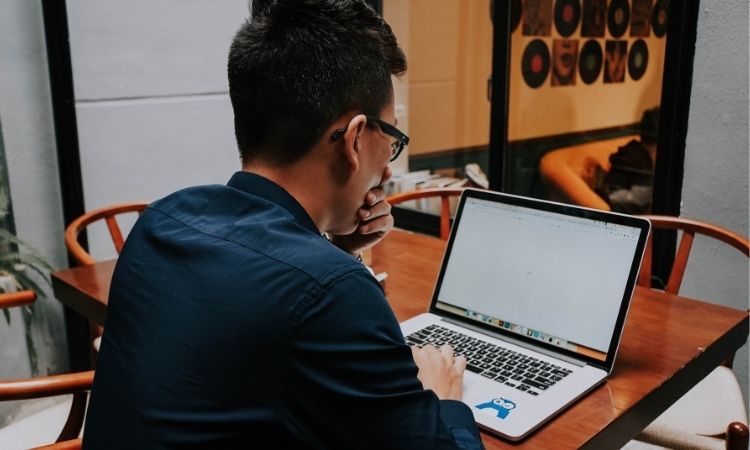
Prevalence of Hacking on Digital Spaces

Prevalence of Hacking on Digital Spaces
Many social media users describe major parts of their lives on their feeds, ranging from announcing that they got a new job or pet to disclosing sensitive information. They might reveal a serious health diagnosis or a relationship breakup.
Such a high level of detail about various topics makes these accounts treasure troves for hackers eager to deploy future social engineering tactics.
So how often are social network accounts actually hacked? How can you limit how susceptible your accounts are?
How Common Are Social Media Hacks?

It isn’t easy to pin down how many people get hacked via social media. Even so, it’s a genuine problem.
One difficulty in verifying social media hack frequency is that various groups conduct studies to gauge the risk but don’t compile and publish their findings. Additionally, researchers typically do short-term studies or those with sample sizes that don’t necessarily reflect all or many users’ experiences.
Researchers at Google and the University of California at Berkeley studied account takeovers occurring from March 2016 to March 2017. The data showed 15 percent of users experienced such issues with social media or other sites with logins.
A 2021 report fromNorton showed that 14 percent of respondents dealt with unauthorized activity on their social media accounts during their lifetimes.
A December 2020 study also examined people’s concerns about suffering account hacks of any sort in 2021. The worldwide breakdown showed that 34 percent considered it likely, while 45 percent deemed such events improbable.
However, differences existed depending on a person’s country of residence. Individuals in Russia, Israel, Malaysia, and Turkey viewed account hacks as more likely than not.
What Increases the Chances of a Social Media Hack?

Certain things can make you more or less likely to experience a social media account hack.
Fame or authority are two such characteristics. For example, pro-Syrian regime activists briefly broke into CNN’s social media accounts in 2014 to post content reflecting their ideals. The news network’s broad reach, respect in the industry, and large audience made it a prime target.
Similarly, well-known figures are at an increased risk of getting hacked because of their large friend networks and global popularity. Hackers even compromised the social account of the British Royal Family. Cybercriminals often seize or impersonate celebrity accounts to orchestrate cryptocurrency scams, too.
Sometimes, the fault lies with particular social media sites.In one instance , Facebook arguably had enough to deal with after a six-hour global outage cost it approximately $60 million in revenue. That issue occurred in October 2021.
Several months earlier, information from a massive Facebook data leak in 2019 became public. That incident affected more than 530 million users worldwide, but Facebook representatives opted not to notify them individually.
What Are the Risks Associated With a Social Media Hack?

The consequences of a social media hack vary depending on how and why parties use these platforms. A hacker that breaks into a medical practice’s social media account and posts misleading health information could briefly hurt the organization’s reputation, for example.
Alternatively, compromising the social media account of a public office candidate lets a hacker post controversial viewpoints or other damaging material that could give other political parties an advantage.
Hackers could also play on people’s desire to help others. A cybercriminal might break into a social media account and use it todistribute a convincing sob story that gets generous people to part with their funds.
Consider if a grandmother, aunt, or uncle sees a social media message apparently originating from a relative’s account asking for money regarding a dire situation. Since they likely know that person in real life and care about them, they probably won’t question the demand.
Fortunately, you can do a few key things to make it harder for hackers to take control of your social media accounts. Start bysetting strong, unique passwords . Then, see if your chosen platforms offer Two-Factor Authentication (2FA). Activating it sends text messages or email alerts about unusual access attempts to your registered device.
How to Handle a Social Media Hack

You may follow all the cybersecurity best practices and still eventually deal with account hacks. Here are some tips for working through them.
Begin performing damage control and using a non-social media-related way to warn people you know about the hack. You could contact those closest to you by phone. Another possibility is to ask a trusted person who knows and follows many of the same individuals you do to post a warning message on social media via their account.
Next, go through any necessary account recovery steps set by the social media site. For example, Twitter’s help documentation for such situations recommends requesting a password reset as your first strategy. Getting additional help requires submitting a support ticket containing your username and the date you last had access.
And review any options forstrengthening your social media security . Facebook’s Security Checkup walks you through suggested improvements to make. It’s a good starting point if you use that site.
You Can Avoid a Social Media Hack
Social media account hacks occur more often than people might think. Even so, you can take proactive steps to make them less likely to happen to you. Consider applying the tips mentioned here, plus sharing them with people you know.
Also read:
- [New] Vimeo Simplified Platform for Content Creators for 2024
- [Updated] 2024 Approved How Much Do YouTube Clips Pay Per View?
- [Updated] 2024 Approved VidoVibes Engage with Twitter, Then Save the Moving Pictures
- [Updated] Leading Screenshot & Record Tools for Firefox for 2024
- Facebook in the Professional Arena: Key Tips & Tricks
- Full Guide to Catch 100 IV Pokémon Using a Map On Realme GT 5 | Dr.fone
- How to Overcome Frozen Notification Bars & Posts
- In 2024, 3 Effective Ways to Bypass Activation Lock from Apple iPhone XS
- In 2024, How to Stop My Spouse from Spying on My Honor Magic 5 Lite | Dr.fone
- In 2024, Strategies for Watching Multiple YouTube Videos
- Inside the Digital Revolution: Facebook's New Identity
- Off the Grid: Erase Facebook From Android Screen
- Rebranding Online: The Process of Altering Your Name on Facebook
- The Ultimate Defense Against Hackers: Employing 2FA in Gmail, Outlook & More
- Ultimate Collection: FREE Apps for Social Media Control
- Updated 10 Best Free Websites to Watch Cartoons Online for 2024
- What Makes a Good Facebook Home Device?
- Title: Prevalence of Hacking on Digital Spaces
- Author: Michael
- Created at : 2024-11-21 10:01:46
- Updated at : 2024-11-27 10:56:43
- Link: https://facebook.techidaily.com/prevalence-of-hacking-on-digital-spaces/
- License: This work is licensed under CC BY-NC-SA 4.0.